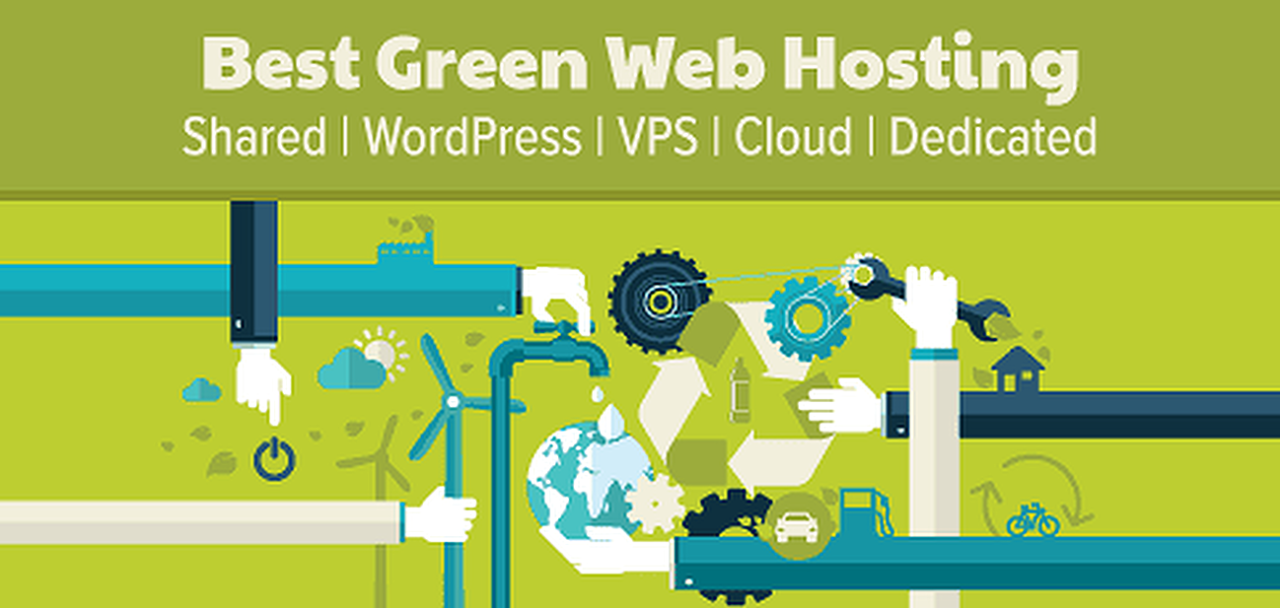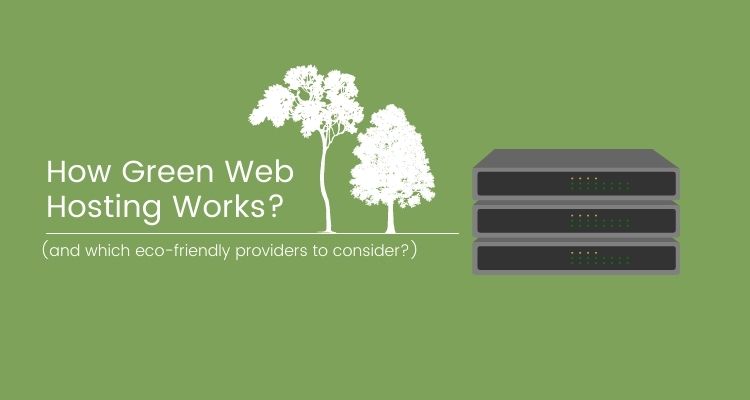Green web hosting, a revolutionary approach to web hosting, prioritizes environmental sustainability by minimizing the carbon footprint of websites. Traditional web hosting often relies on energy-intensive data centers, contributing to greenhouse gas emissions and climate change. Green web hosting combats this by embracing renewable energy sources, energy-efficient technologies, and sustainable practices.
From choosing energy-efficient servers and using renewable energy sources to implementing carbon offsetting programs, green web hosting providers are committed to reducing their environmental impact. This approach not only benefits the planet but also offers cost savings and enhances brand image by demonstrating a commitment to corporate social responsibility.
The Future of Green Web Hosting

The future of green web hosting is bright, driven by a confluence of factors that are pushing the industry towards a more sustainable future. This shift is fueled by growing environmental awareness, increasing regulatory pressure, and technological advancements.
Trends Shaping the Future of Green Web Hosting
The future of green web hosting is shaped by several key trends.
- Increased Demand for Sustainability: Consumers and businesses are increasingly demanding sustainable practices, including in the digital realm. This growing demand is driving the adoption of green web hosting solutions.
- Government Regulations: Governments worldwide are enacting regulations to reduce carbon emissions, including those from data centers. This regulatory pressure is pushing web hosting providers to adopt greener practices.
- Technological Advancements: Advancements in renewable energy technologies, energy-efficient hardware, and software optimization are enabling web hosting providers to offer more sustainable solutions.
Potential for Innovation in Green Web Hosting Technologies
Green web hosting is a dynamic field with immense potential for innovation.
- Renewable Energy Sources: The increasing adoption of solar and wind power for data centers is a significant trend. For example, Google has committed to powering its data centers with 100% renewable energy by 2030.
- Energy-Efficient Hardware: Advancements in server hardware, such as more efficient processors and cooling systems, are reducing energy consumption. For instance, AMD’s EPYC processors are known for their energy efficiency compared to previous generations.
- Software Optimization: Software optimization techniques, such as code optimization and serverless computing, are helping to reduce the energy footprint of websites and applications.
The Role of Green Web Hosting in Promoting Sustainability in the Digital World
Green web hosting plays a vital role in promoting sustainability in the digital world.
- Reduced Carbon Footprint: By using renewable energy and energy-efficient technologies, green web hosting helps reduce the carbon footprint of the internet. For example, a study by the Climate Reality Project found that switching to green web hosting could reduce a website’s carbon footprint by up to 90%.
- Resource Conservation: Green web hosting practices promote resource conservation by minimizing energy consumption and waste generation. This includes using recycled materials in data center construction and implementing efficient waste management systems.
- Environmental Awareness: Green web hosting raises awareness about the environmental impact of the internet and encourages users to adopt sustainable practices. This can lead to a broader shift towards responsible digital consumption.
Closing Notes

As the digital world continues to grow, green web hosting plays a vital role in fostering a sustainable future. By adopting green web hosting practices, individuals and businesses can contribute to a greener internet while enjoying the benefits of cost savings and improved performance. Embracing green web hosting is not just a trend; it’s a responsibility we all share in safeguarding our planet for future generations.




